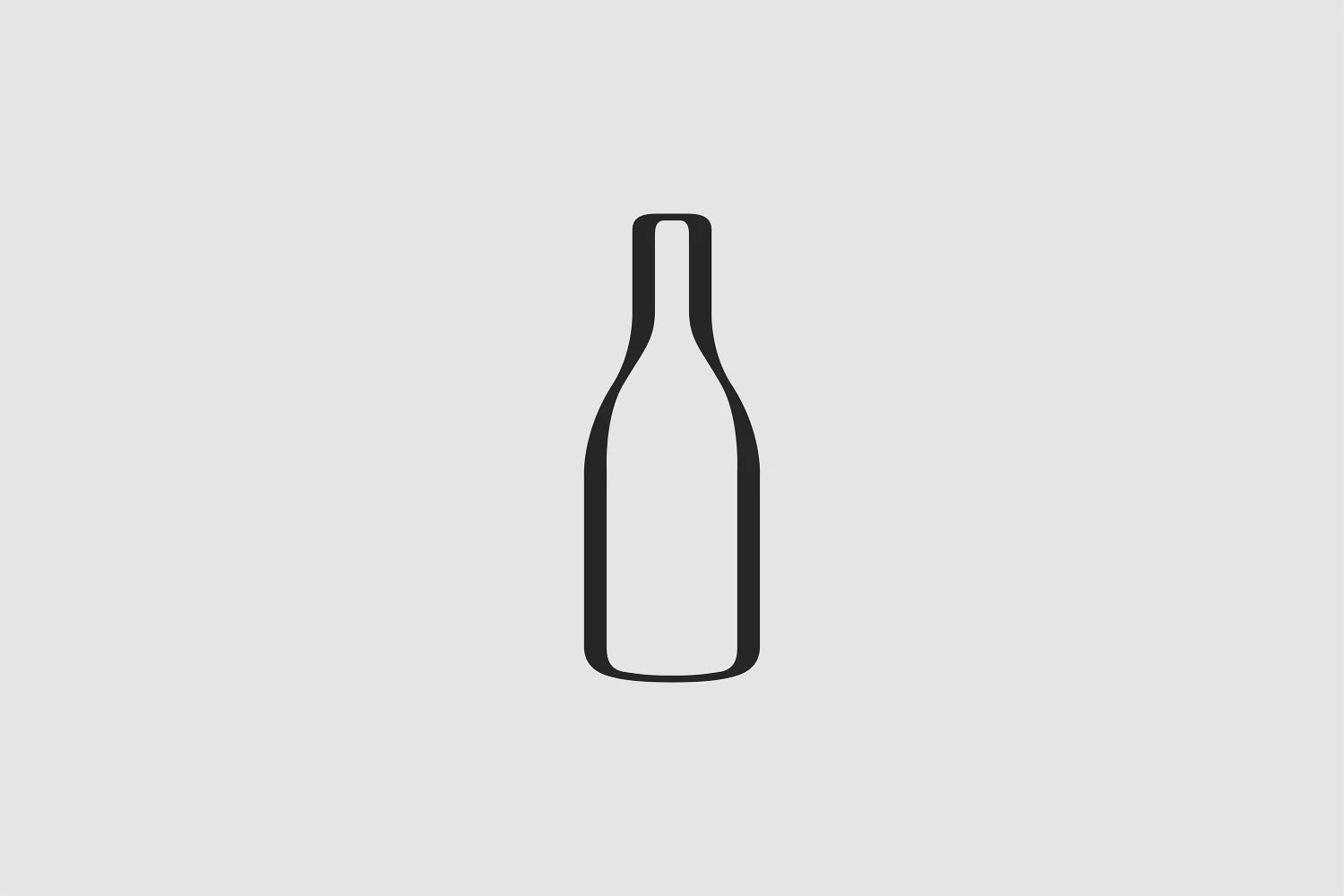The wine estate now known as Von Winning was founded by Friedrich Dienhard, whose descendants are still in the wine business today in the town of Koblenz. The name Von Winning didn’t come along until later, when Dienhard’s granddaughter, Emma, inherited the property and her husband, Leopold Von Winning, took the reins. The estate then passed through a series of hands and the Von Winning name disappeared until Niederberger came along and revived it, along with that of Dr. Dienhard. Today, the winery has two ‘lines’ of wines: The Von Winning label is for wines from mostly grosses gewächs (“great growth,” or “grand cru”) vineyard sites that are often fermented in wood barrels; the Dr. Dienhard line is designed to be fruitier, more forward, and less structured.
Sadly, Niederberger passed away (at a young age) in 2013, leaving his wife, Jana, with a many-tentacled wine operation that also includes the Basserman-Jordan and Von Buhl estates. She is ably assisted at Von Winning by a team led by general manager Stephan Attman. They have introduced organic farming practices to the property’s enviable collection of vineyards around Deidesheim in the Pfalz, a region which runs to Germany’s border with Alsace. The Vosges mountain range that shelters Alsace from storms from the West becomes the Haardt mountain range across the border in the Pfalz, so, like Alsace, the Pfalz is a drier, warmer region than some of the other classic regions along the Rhine. Some of Germany’s best Pinot Noir is grown here, complementing Rieslings that are exceptionally deep and expressive. Soils are predominantly loams mixed alternately with limestone, loess, and red sandstone.
Today’s 2016 is an ‘entry level’ wine in name only: It performs way above its station, as you might expect from a wine incorporating
grosses gewächs fruit, primarily from vineyards around the village of Forst. And while Pfalz wines are often more rounded and rich than their contemporaries from Mosel or Rheingau, this one is lively, citrusy, and shot through with a charge of minerality. In the glass, it’s a pale straw gold with silver and green reflections and an expressive nose of green mango, white peach, lilac, honeysuckle, watercress, and delicate notes of petrol and wet stones. Medium-bodied and mouthwateringly dry, it has a very ethereal presence on the palate, making it almost a little too easy to drink (having a second bottle close at hand is strongly advised). And while it will surely improve in the cellar over the next 5-7 years, I don’t see any reason to wait on this one: Simply pull the cork about 15 minutes before serving in all-purpose white wine stems at 45-50 degrees. Upon tasting this wine, my mind went immediately to bright, savory Vietnamese dish! These are the types of pairings that change your perceptions of food and wine.


